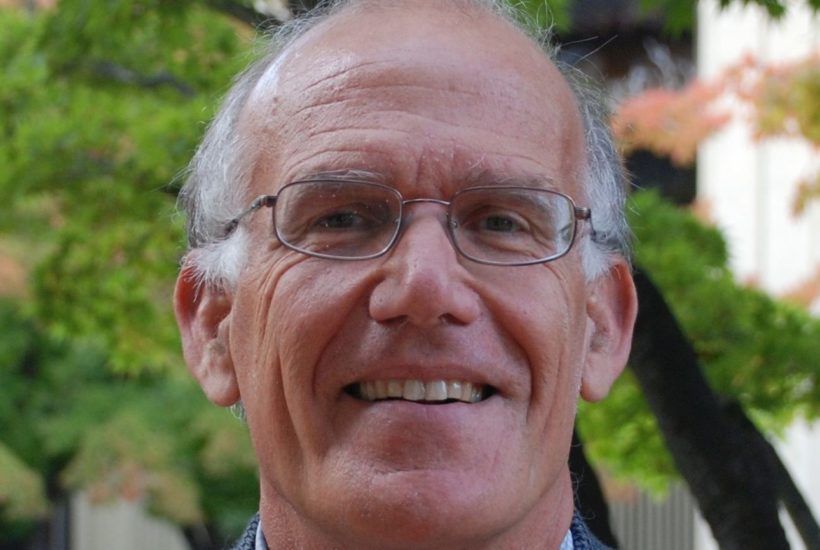General
I Hear a Cry of Desperation
As impeachment-mania rages in the mainstream media in the United States, and as President Trump counter punches Joe and Hunter Biden with allegations of nepotistic corruption in Ukraine and China, I hear some voices in the background.
They are extremely agitated, cunning, reckless, and running scared.
There are other voices I long to hear, but in today’s column I will focus on the background wails that seem to be rising in the United States and all over the world.
I hear a cry of desperation.
Understanding Trump and the War Against Globalism
I’m still on college break and up to my eyeballs in projects.
Yet, the world goes on with climate change protests while President Trump spoke on religious freedom at the United Nations (historic) and the Democrats moved to impeach him (ridiculous). Believe it or not, all these items are part of a “game plan” I’ve been studying for some time and about which I’ve done a fair amount of writing.
Recently I saw an article by one of my favorite “thinkers” that shares the same perspective on what is really happening.
I think it’s time to understand Donald Trump’s current role in history (whether he knows it or not) and his war against globalism.
The Road to Hell…
You know the corollary: “is paved with good intentions.”
It is–but not always. This week saw another whopper of fake news when the New York Times published and later corrected an embarrassingly uncorroborated hit piece on Justice Brett Kavanaugh. That story was diabolical from the beginning.
It started with bad intentions.
But much evil is slyly perpetrated under the guise of compassion, the good of the people, the “arc of history” or simply good intentions.
We must understand this clever tactic on the road to hell–and avoid and expose it.



